You know who’s quietly not here for corporate nonsense in 2025? Retirees. That’s right—the same folks who once clipped coupons and had favorite sales associates at Sears are now low-key boycotting major retailers like it’s their new full-time gig (right after water aerobics and Wordle, of course). They may not be storming the streets with protest signs, but trust—they’re making moves with their wallets.
And they’ve got receipts. Whether it’s labor drama, backpedaling on diversity, or just plain bad customer service, seniors are peacing out of these big-name stores faster than you can say “Do you have an AARP discount?” So if you’re wondering why Grandma’s no longer buying her lightbulbs from a mega-chain or why Grandpa’s suddenly team co-op, here’s the tea: these 13 retail giants have officially made it onto the retirees’ nope list.
1. Starbucks
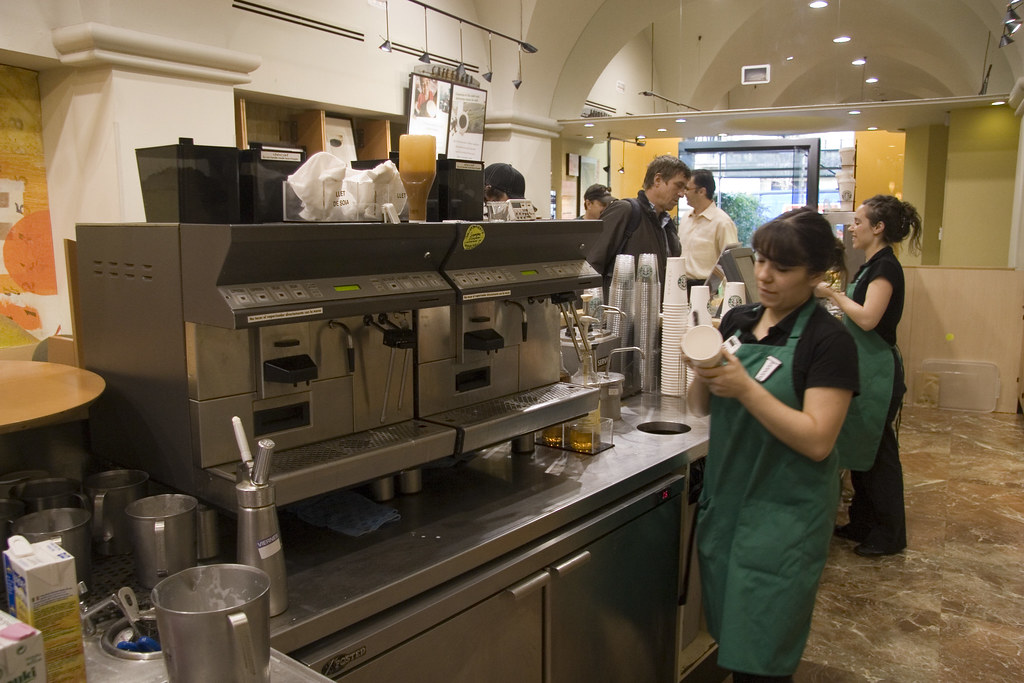
Starbucks used to be the safe haven for book-club lattes and Wi-Fi. Now, it’s ground zero for anti-union drama. Over 2,000 baristas across 120 stores staged strikes over a forced “solid black shirt” dress code—protesting what they call unilateral policy changes that bypass collective bargaining—a story broken by AP News.
Our retiree crew isn’t keen on sipping their venti macchiato while watching staff march out mid-shift. Many have started brewing Fair Trade at home, opting for local cafés where they actually recognize the barista’s face. That “Starbucks Experience” just isn’t worth the labor-rights drama.
2. Walmart
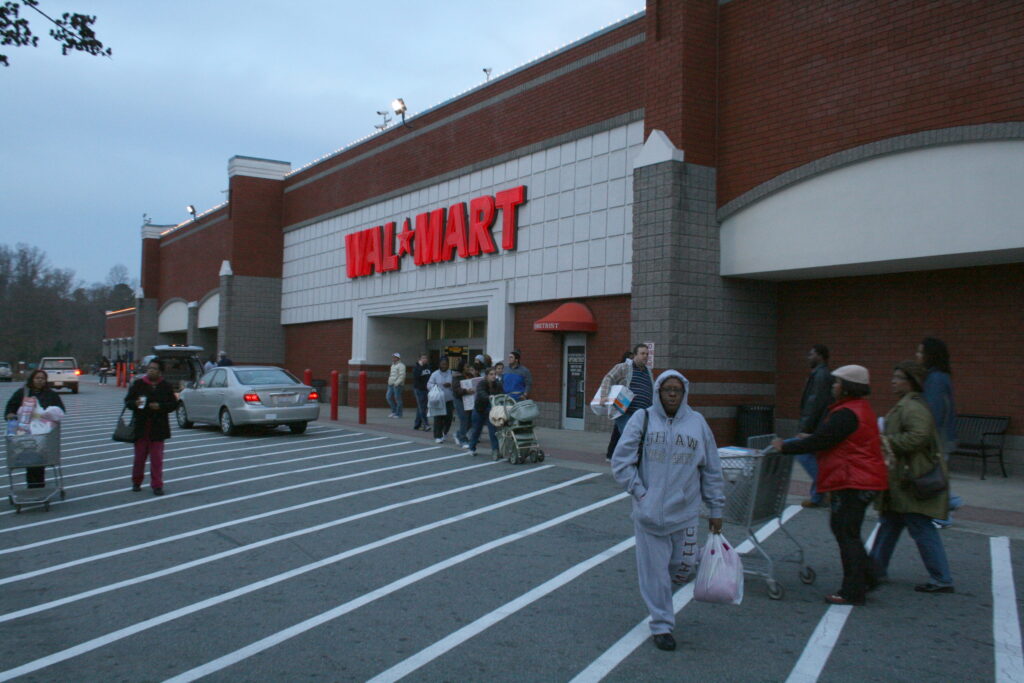
Grandma used to love the rollback prices at Walmart—until she learned that behind those rollback prices is a company ditching diversity commitments and cozying up to politics in ways that make retirees grind their teeth. According to a recent week-long consumer action, shoppers nationwide refused to shop there to protest unfair wages and the rollback of DEI programs—a movement covered by Newsweek.
In practice, that means your local store might have the bargains, but at what cost? After a DEI rollback in early 2025, Walmart quietly shelved programs that prioritized minority-owned suppliers—ultimately squeezing out small businesses that many retirees depended on for unique finds. Folks over 65 remember when “everyday low prices” didn’t come at the expense of community support. Many are switching to mom-and-pop shops or online co-ops, where their dollar actually does some good.
3. Amazon
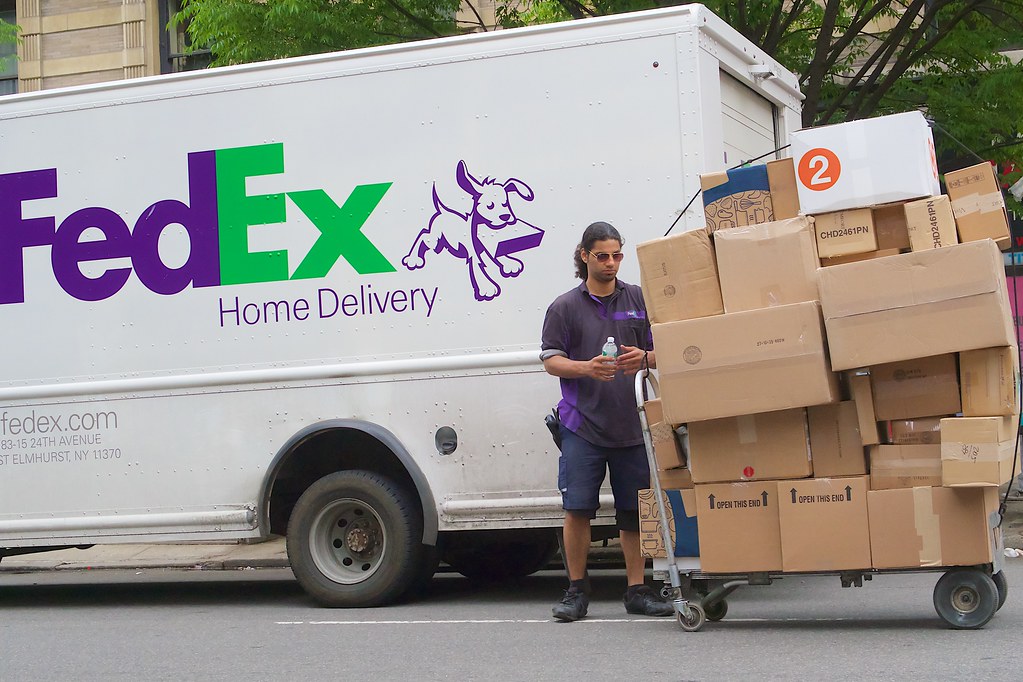
Amazon’s “Prime” is great for same-day shipping—until you find out those packages came at the expense of overworked warehouse staff and a company feuding with any attempt at unionizing. A grassroots “Economic Blackout” movement even called for a weeklong boycott of Amazon and its affiliates (Whole Foods, Zappos, Twitch)—with organizers urging Americans to flex their economic power against corporate greed, a stunt that went viral on WTTW News. Retirees saw the headlines—then canceled their Prime memberships.
They’ve grown tired of seeing a company that rakes in billions actively fighting union efforts, only to cry poor later when critics point out the wealth gap. And when one of your pals in Florida can’t get their prescription delivered because the local fulfillment center is understaffed, it’s hard not to wonder who’s really paying the price.
4. Target

Remember Target’s commitment to supporting Black-owned brands? Yeah, they yanked those diversity goals faster than you can say “red bullseye,” four days after Trump’s inauguration. That rollback prompted a nationwide “Target Fast” boycott—led by community organizers calling on 200,000 people to skip Target for Lent—an effort profiled by the WSJ.
Retirees who once enjoyed finding up-and-coming minority-owned brands at a discount are now raiding small boutiques instead. They feel betrayed by a retailer that positioned itself as a community ally, only to cave under political pressure. And let’s be honest—Target teal cardigan over khakis just isn’t the same when it comes with buyer’s remorse.
5. CVS

CVS might still be where you grab your daily meds, but a half-million-member union is urging customers to dump CVS in favor of competitors, citing stalled contract talks that leave veteran employees underpaid and overworked—an exposé by the Long Beach Watchdog highlights pharmacy techs with 37 years of service still struggling to afford their own insurance.
Retirees know health care companies should prioritize care over profit. When the folks filling your scripts are picketing for livable wages and better benefits, it’s hard to feel good about those ExtraCare rewards. Now, many are driving a few extra miles to Rite Aid or Walgreens—anything to back a pharmacy that backs its people.
6. The Home Depot
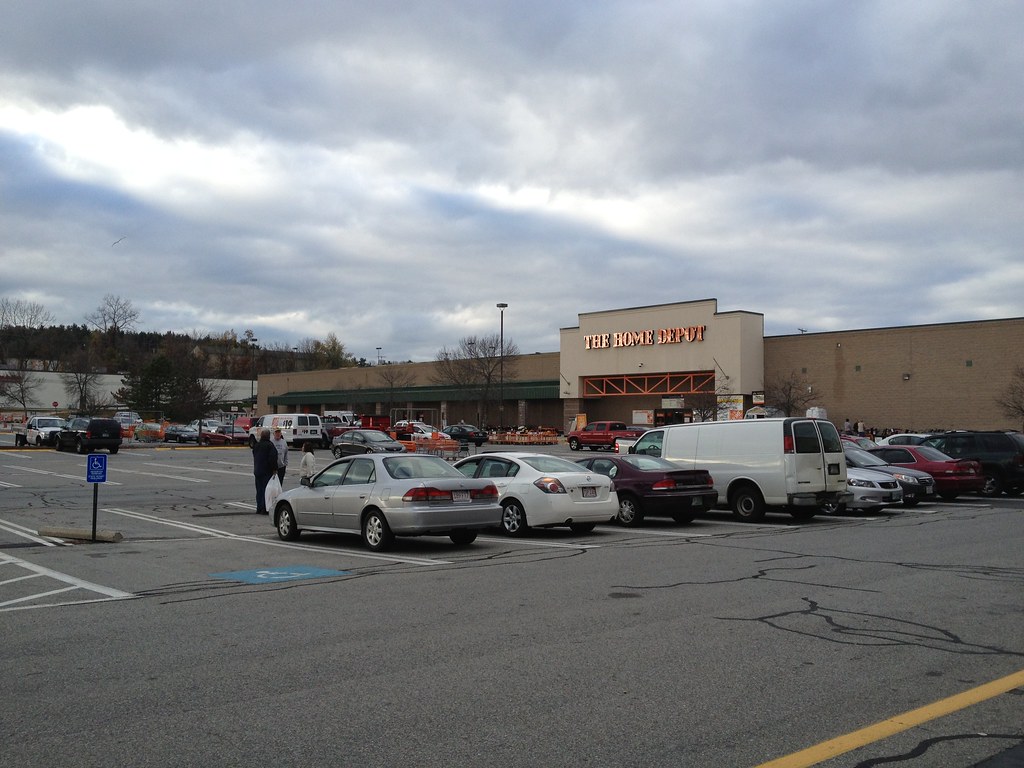
Once the shrine for weekend warriors, The Home Depot has its own shady history of anti-union practices—decades-old FBI files reveal co-founders allegedly funneled a $140,000 slush fund to bust unions at predecessor chains.
Now, retirees who relied on Home Depot’s DIY workshops balk at giving dollars to a company that’s been cool with union-busting since the ’70s. They’re heading to independent hardware stores instead—where the handshake still counts for something, and folks actually teach you how to use a nail gun without making you feel like a tool. For seniors who spent decades on job sites or fixing things around the house, this feels personal—like a slap in the face with a splintered 2×4. Plus, the newer “self-serve” inventory model has some retirees squinting at app-only tools just to find out where the shovels are. A company once built on DIY spirit now feels more like “do it alone and good luck.”
7. Lowe’s
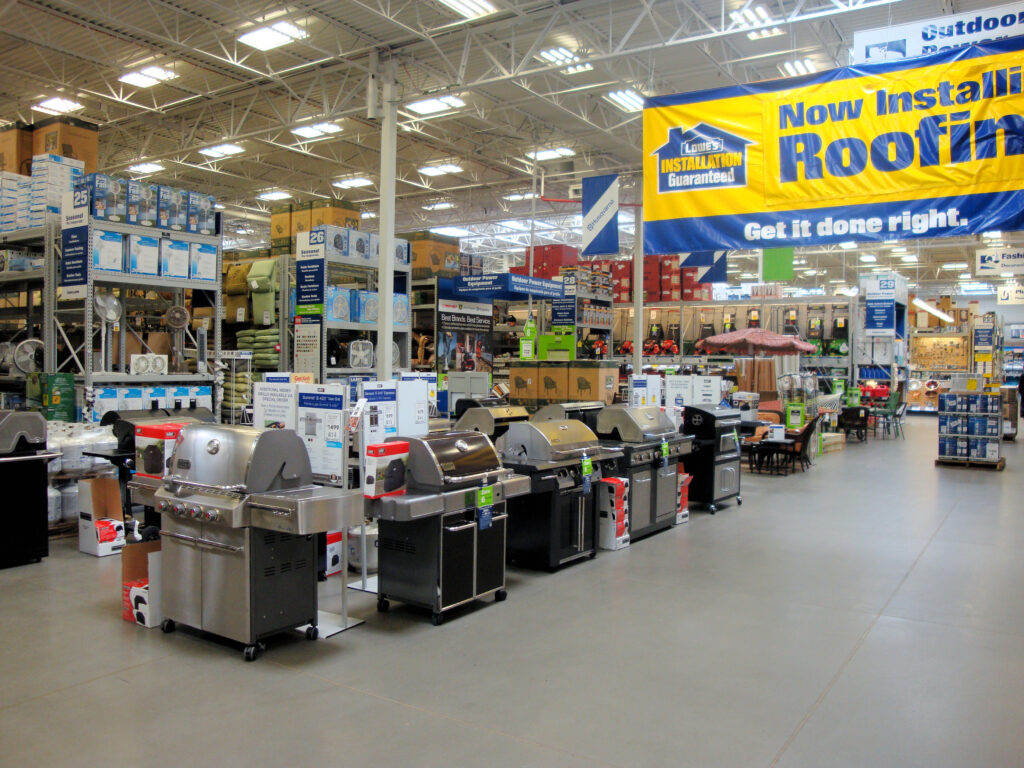
Retirees remember Lowe’s as the calmer sibling of Home Depot, but they’re waking up to reports of overpriced private-label goods and murky product sourcing—some feel the markdowns never quite translate to real savings. Complaints on community boards highlight inconsistent pricing and fewer staff on weekends, leaving older shoppers stranded in aisle 12 looking for someone to ask.
Word on the senior center grapevine is that a quick trip to Lowe’s now feels like a scavenger hunt—except there’s no treasure map, and everyone’s five aisles apart. Many retirees have started swapping house-projects for handyman services or smaller hardware chains with friendlier faces and clearer price tags. One retiree even joked it’s easier to re-tile her bathroom than to find a human wearing a name tag at Lowe’s. The brand just doesn’t deliver that neighborly vibe anymore—and for folks who remember when customer service actually meant something, that’s the dealbreaker.
8. Best Buy
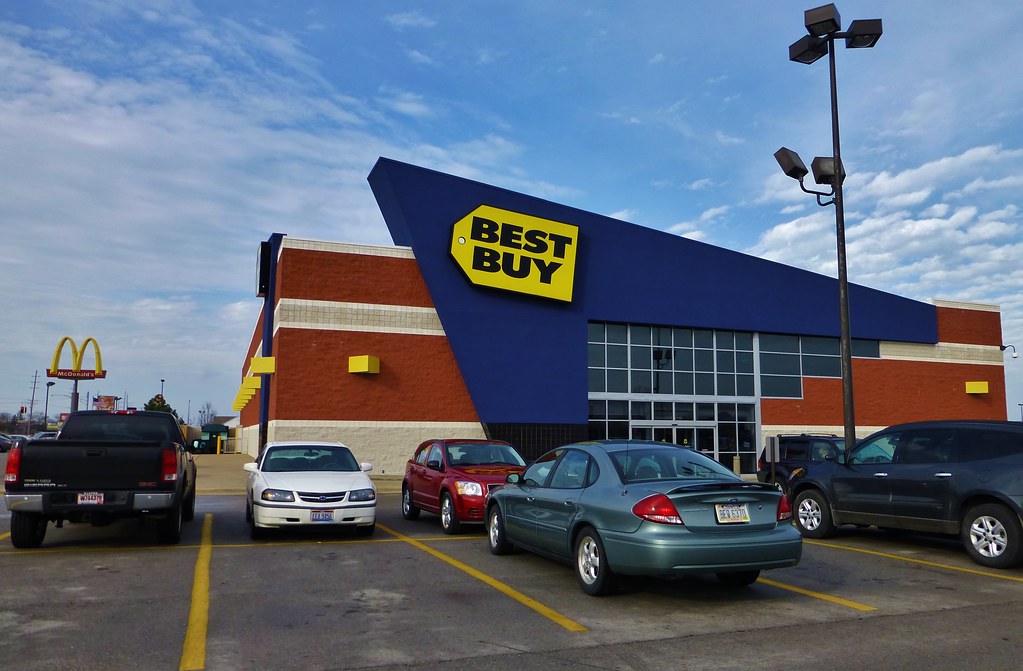
Tech heaven or senior nightmare? With shrinking in-store staffing and a push to digital kiosks, retirees find themselves wrestling with touchscreen returns and auto-help bots. One too many 30-minute waits for Geek Squad assistance has led them to support local electronics shops instead.
Rather than battle confusing menus and unresponsive chatbots, the silver set is discovering the joy of one-on-one help at neighborhood stores—where a friendly tech guru still walks you through setting up your new smart TV without talking in acronyms. It turns out that personal service beats flashy floor displays when you’re over 65. Also, let’s be real—no one’s Nana is trying to download an app just to get her vacuum serviced. The corporate obsession with digitizing everything has made retirees feel like they need an IT degree just to buy a printer.
9. McDonald’s
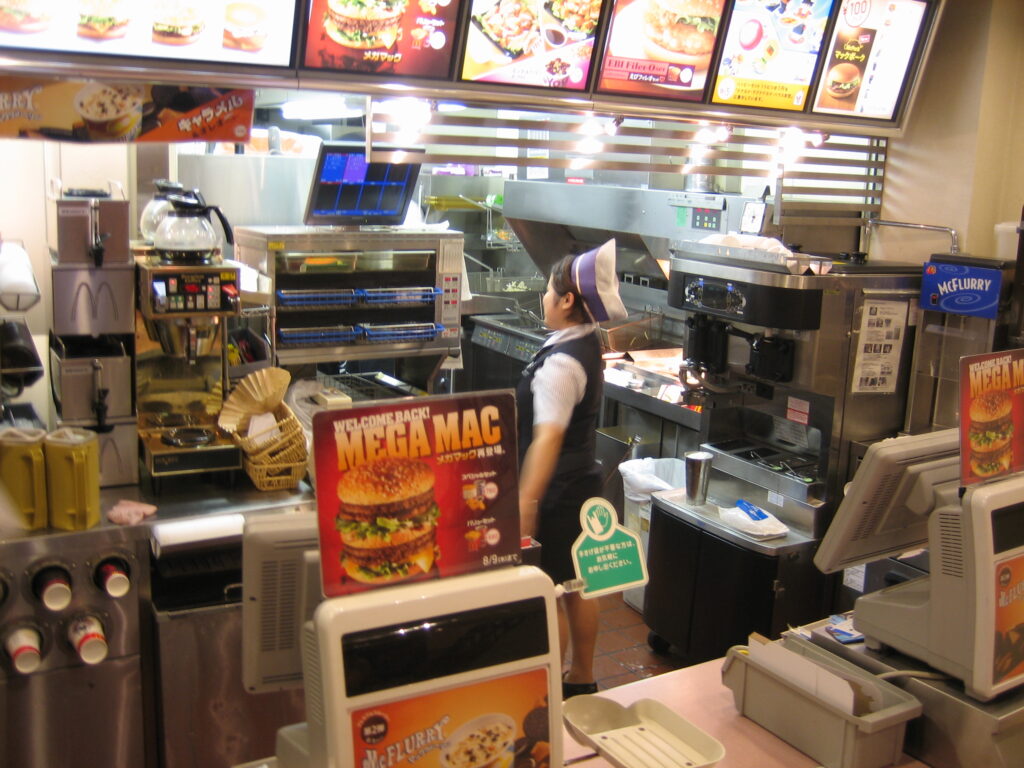
Golden Arches used to be a quick treat. Now, news of unpaid overtime suits and tense franchisee politics have retirees swapping Big Macs for homemade turkey burgers. The nostalgia’s fading when your fries come with a side of labor disputes.
Suddenly, that drive-thru convenience looks less appetizing when the worker behind the window is juggling too many orders for too little pay. So the grandparent brigade is breaking out their recipe cards, hosting “burger socials” at community centers, and taking back their gold-arched cravings—one grilled turkey patty at a time. It’s less about being trendy and more about eating with a conscience—plus they swear the food tastes better when it’s cooked with love (and arthritis cream). McDonald’s may still lure in the kids, but the grandparents are bouncing—with a cooler of lemonade and homemade fries in the backseat.
10. Macy’s
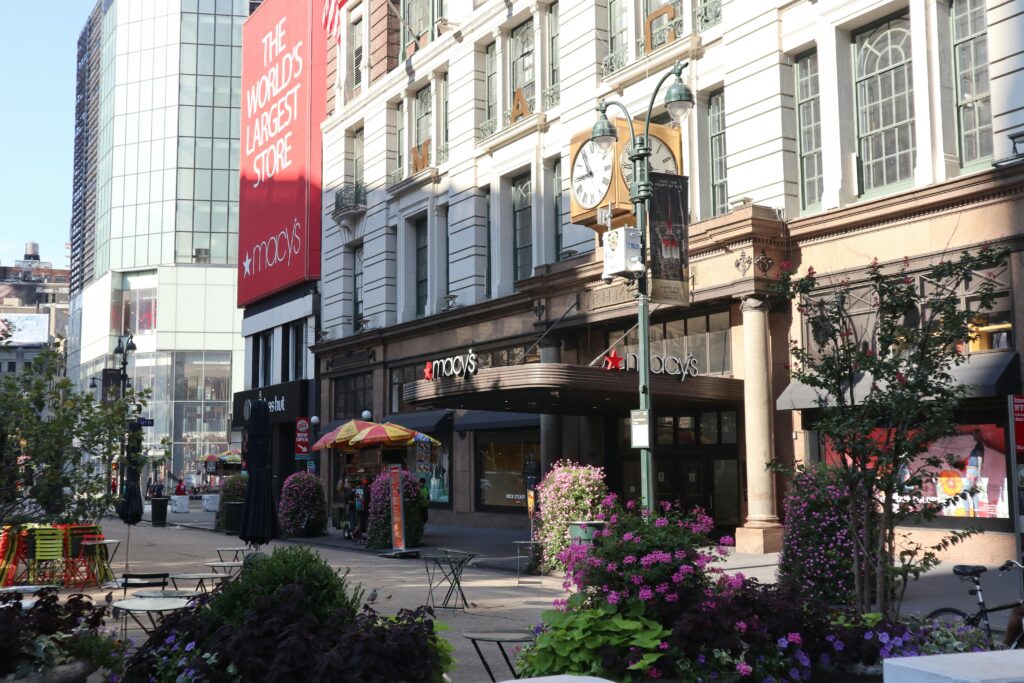
Once the department-store king, Macy’s has cut staff and slashed hours, leaving long-time customers wandering empty sales floors. Layoffs and store closures have eroded the personal touch retirees cherished—so they’re hitting consignment shops for that vintage vibe.
Now, rather than wander ghost-town aisles, retirees are staging weekend thrift-store marathons—complete with bingo-style scorecards and potluck brunches. They figure if they’re going to hunt for bargains, they might as well make it a social event and score one-of-a-kind finds that no mega-retailer could ever stock. For folks who remember when store clerks knew your name and your bra size, today’s Macy’s feels like an underfunded museum with worse lighting. The thrill of shopping used to be personal—now it’s just… transactional.
11. Costco
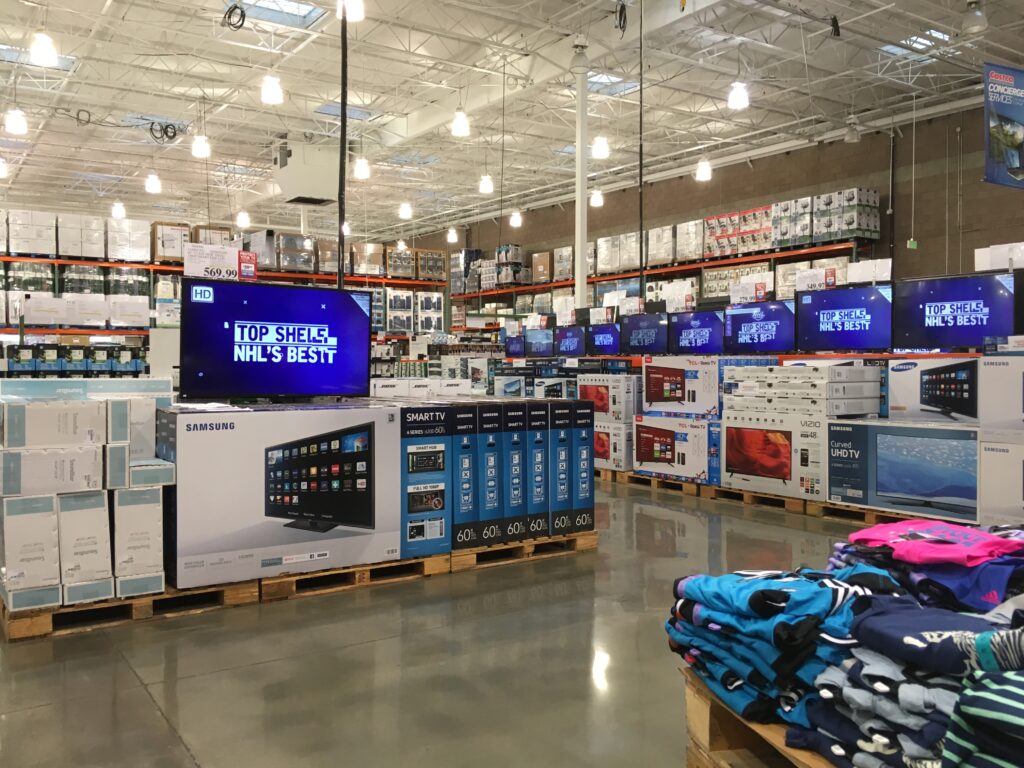
Low membership fees, yes—but policy shifts on returns and rising renewal costs have retirees grumbling. When those Kirkland deals aren’t so sweet anymore, they’re skipping the giant warehouse for neighborhood co-ops.
Rather than fight carts full of bulk toilet paper and elbow through aisle traffic, many seniors have traded their warehouse badge for co-op membership cards—even starting car-pool shopping trips so they can stick to smaller, friendlier stores. It turns out that community-owned grocers offer enough bargains without the chaos. Plus, let’s be honest—who needs a 5-pound bag of trail mix when you’ve only got a two-person household? Retirees are realizing they don’t need to shop like they’re prepping for the apocalypse.
12. Dollar General
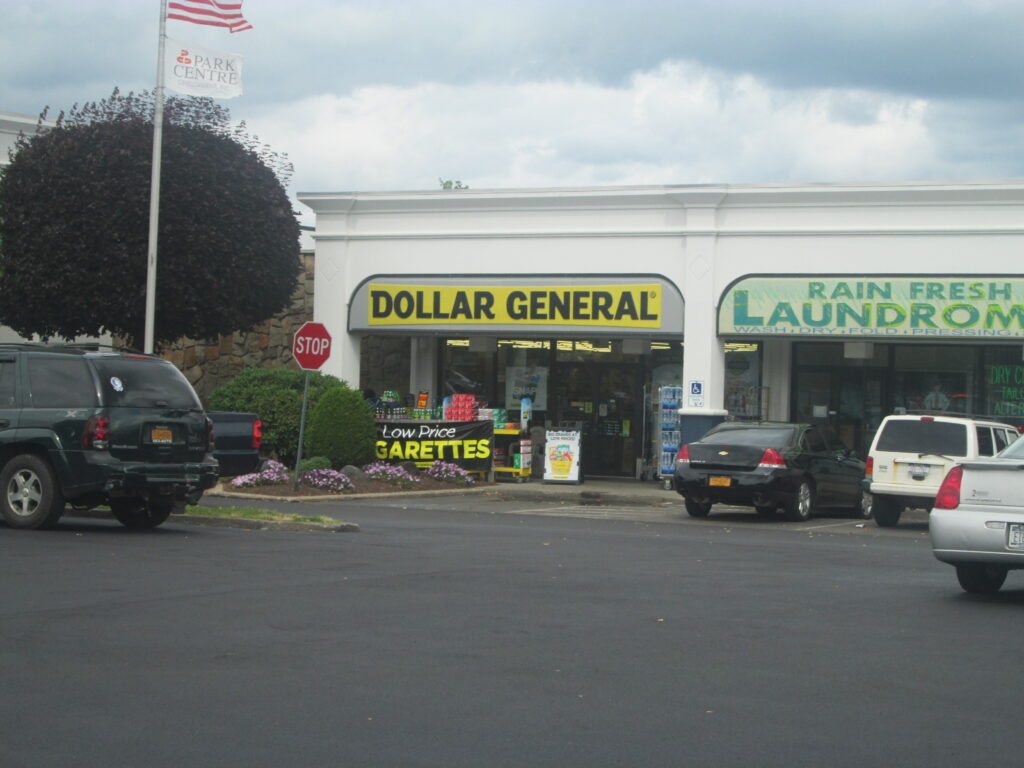
That $1 price point looks great until you realize so few stores carry fresh produce. Food-desert fears hit retirees hard, who’d rather drive to a full-service grocer than risk processed-food overload.
Now, pensioners are organizing “fresh runs” in their local neighborhoods—pooling rides to full-service supermarkets and farmers’ markets to stock up on proper fruits, veggies, and proteins. It’s more planning, sure, but they’d rather it cost a bit more than sacrifice quality. After all, what’s the point of saving a few bucks if you’re blowing your sodium limit in one frozen dinner? Health matters more than ever, and Dollar General just isn’t cutting it anymore for the golden generation.
13. Sephora
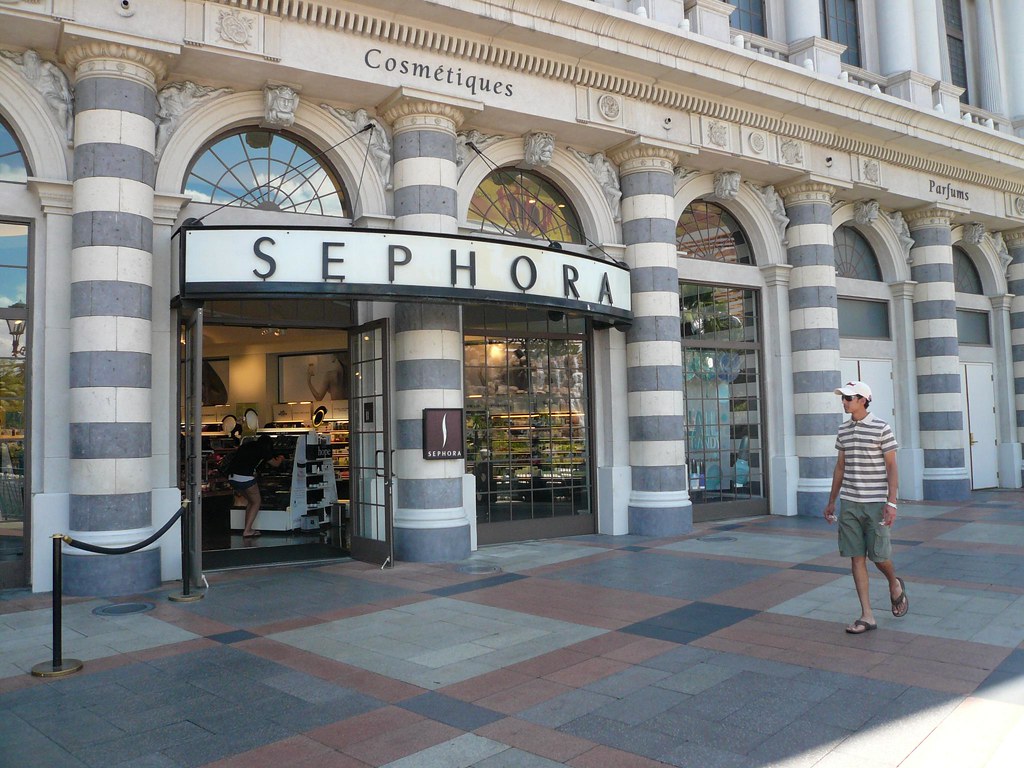
Beauty haven? More like appointment-only frustration. Long-time customers gripe over new online booking hoops and VIP tiers that shut out casual shoppers. Retirees want a simple try-and-buy, not a loyalty-status obstacle course—so indie beauty boutiques are suddenly in vogue.
Rather than navigate opaque point systems and sold-out samples, savvy seniors are flocking to mom-and-pop apothecaries and neighborhood makeup artists. They get personalized color matches, one-on-one demos, and zero digital gatekeeping—plus the added bonus of supporting a small business. Also, try convincing a 70-year-old to download an app just to book a five-minute concealer swatch. They miss the days when you could walk in, smell the perfume, and walk out with a lipstick you actually liked—no QR codes required.
This article is for informational purposes only and should not be construed as financial advice. Consult a financial professional before making investment or other financial decisions. The author and publisher make no warranties of any kind.








